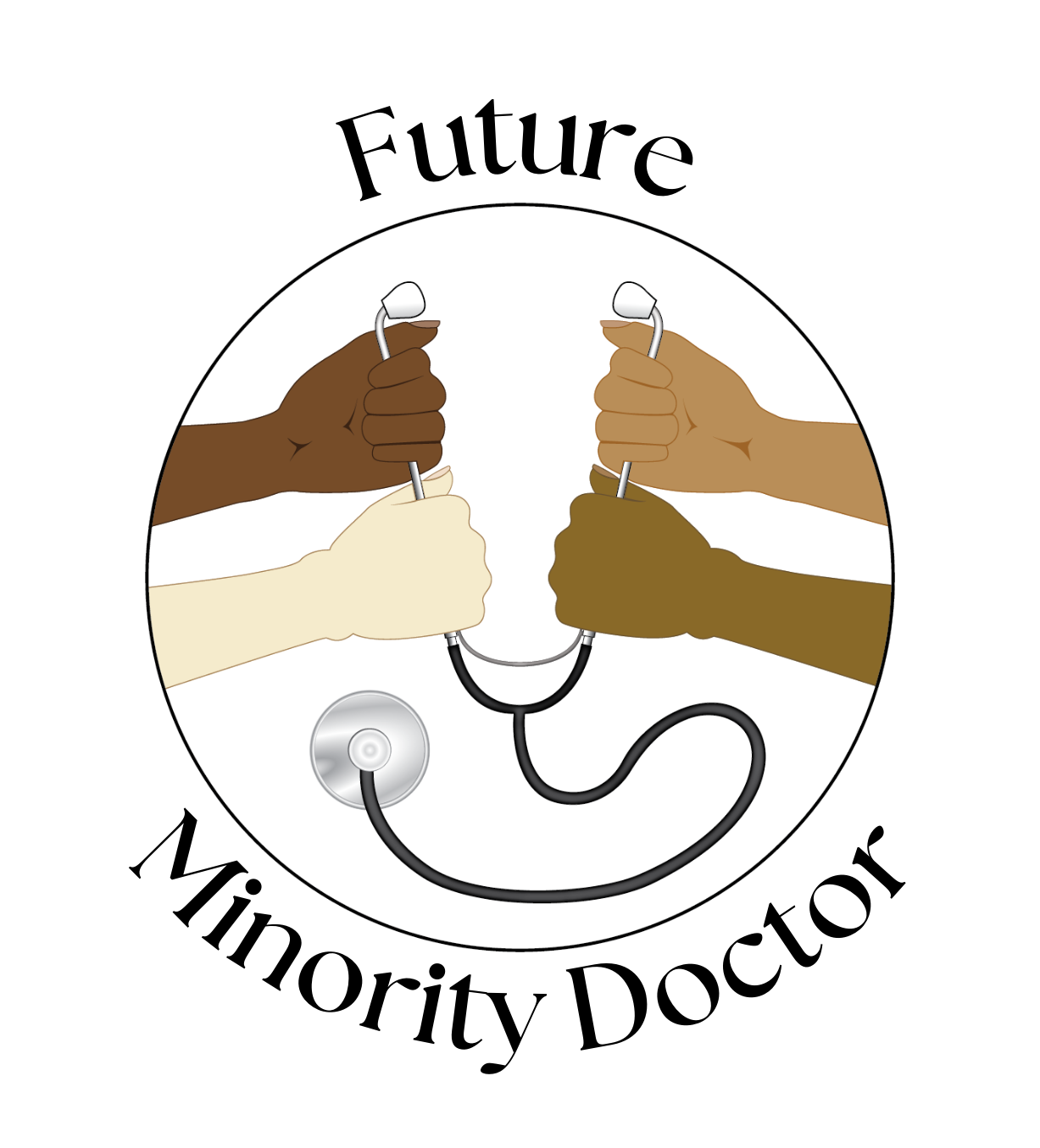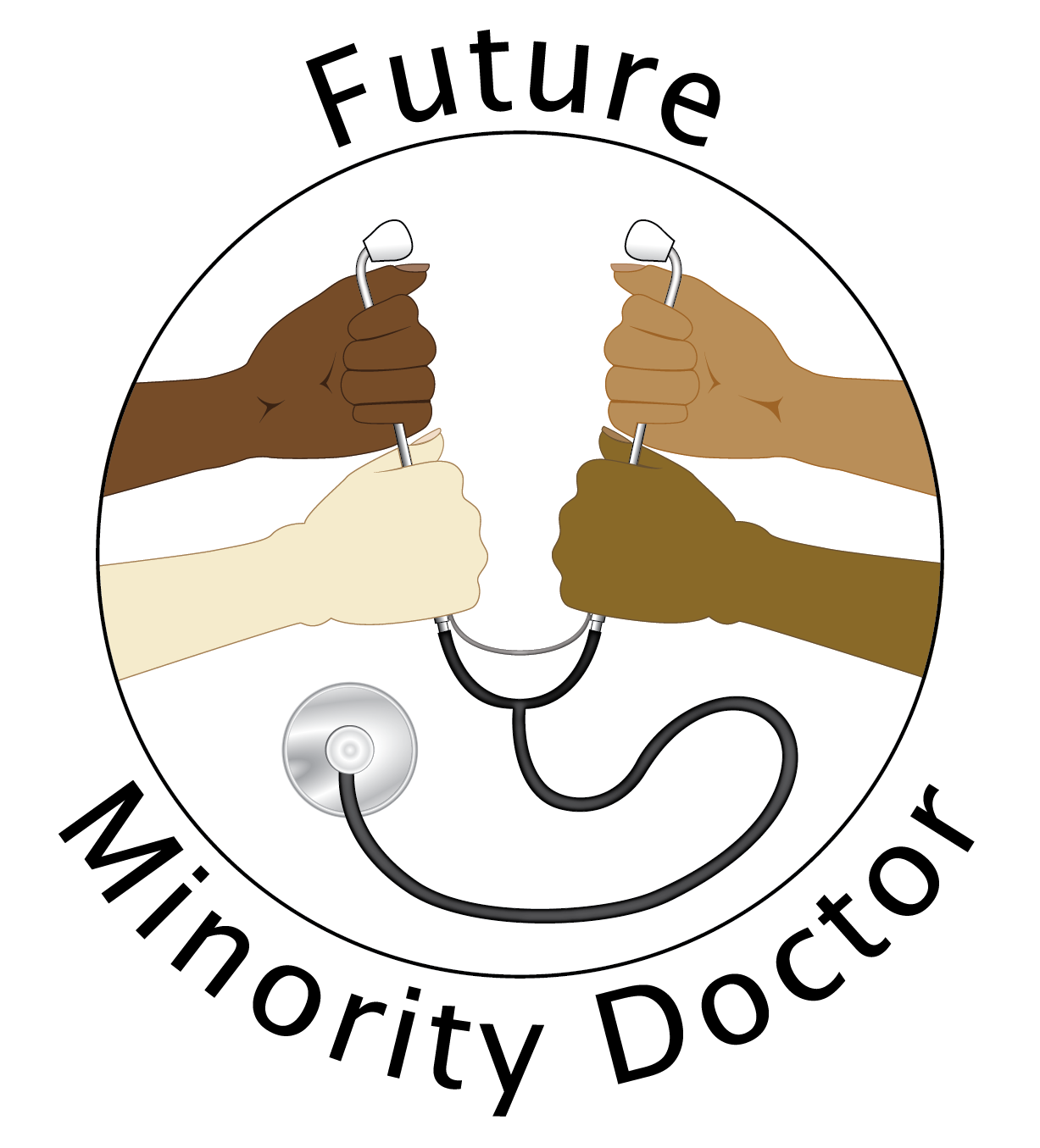“Ana’s” Personal Statement
“¿Me vas a curar cuando sea viejo?”
“Yes, dad, I’ll cure you when you’re old.”
These heartfelt words, spoken by my father countless times, have resonated with me throughout my journey to medicine, reminding me of my upbringing in Los Angeles as a first-generation American with indigenous parents from rural Mexico. From a young age, I naturally assumed the role of interpreter during doctor's appointments. My first memorable experience with the US medical system came when I was 13 years old. My mother came home from work one day and began vomiting blood and collapsed in the bathroom. I called my older sister for help and we quickly made our way to the Los Angeles County Hospital where she was rushed through the ER and taken to the ICU. My siblings and I visited her every day after school, frightened at seeing her so weak and helpless and hooked up to medication and machines. Despite being barely a teen, I helped to translate for the physicians as they gave their daily updates. It felt as though my mother’s outcome was dependent on my ability to communicate medical information. Luckily, my mother gradually made a full recovery and returned home. Unfortunately, my family did not have medical insurance and we were left paying off medical bills for the next few years. This experience ignited my desire to become a physician. The next year, I enrolled in a STEM magnet program at my local high school. I delved deeper into science and research and received encouragement from my teachers. At the age of 18, I was the first one in my family to go to college, determined to continue on the path toward medical school.
The day after Christmas in 20XX, my father was cutting trees as part of his landscaping job. In a tragic accident, a tree fell on him and he sustained massive injuries to his chest. As soon as I found out, I met my family at the hospital. His medical team tried for several hours to resuscitate him, but he passed away that night. I recall the physician coming to talk to us in the middle of the night and breaking the news: “He passed away.” My stepmother turned to me and asked what he had said. Once again, I had to be the interpreter: “Falleció.” We were all heartbroken and many tears were shed that night. I felt like my world had been torn apart and needed time to grieve, but I numbed my feelings out of necessity. I had to accompany my grieving stepmother to translate and work out all of the logistics of his burial and worker’s compensation case. I began working up to three jobs at a time–babysitting, tutoring Spanish, assisting at a computer lab, and whatever else I could get my hands on–to help support my family. I felt overwhelmed and my grades temporarily took a dive, but I remained committed to my premed path. I needed support, so I reached out to my school’s psychological services office where I found a therapist, psychiatrist, and grief counseling group that helped me process my father’s death and understand my grief. While I would never wish this experience on anyone, this loss and the support I received helped me develop a deeper understanding of the work I wanted to do someday: I felt the lasting impact that a caring healthcare provider can have and I became more passionate about addressing the psychological needs of my future patients.
Two other experiences later helped me to understand the challenges people face in accessing the medical care they need: my volunteer work as a COVID screener at the LA LGBT Center and my brother’s battles with alcoholism. When the COVID pandemic began, the policy at the LGBT Center was to turn away walk-ins and instruct patients to schedule appointments online. One day, a homeless woman arrived and stated in a nervous, hushed voice, that she was experiencing feminine issues and requested to see a doctor. She explained how she didn’t have a phone and her local library with internet access was closed: “I tried everything.” Seeing the frustration on her face, I could no longer abide by our policy, so I guided her through my phone to schedule an appointment. She was a stark reminder of how individual circumstances can affect anyone’s access to care. Later, while I was pursuing my MPH in late 20XX, my brother Andy was hospitalized for one week at the county hospital with liver failure from alcohol abuse. Seeing him lying on the hospital bed, swollen and jaundiced, frightened me. I remembered being in the same hospital with my mother eight years prior. He said he was embarrassed about his condition and struggled to advocate for himself due to the stigma against substance abusers. After discharge, I helped him move around the house, did his laundry, prepared his meals, and did my best to encourage him emotionally. Unfortunately, he relapsed and his health deteriorated again. He died in January 20XX, only ten days after the anniversary of our father’s death. His tragic death forced me to realize how some barriers to health are psychological.
I will never get the chance to help my father as a physician, but the sentiment of my promise to him lives on. I am committed to becoming the person that my family needed when I was younger and that others in society need today: a bilingual, compassionate, culturally-sensitive physician advocate.
Character Count: 5259 (limit is 5300)

